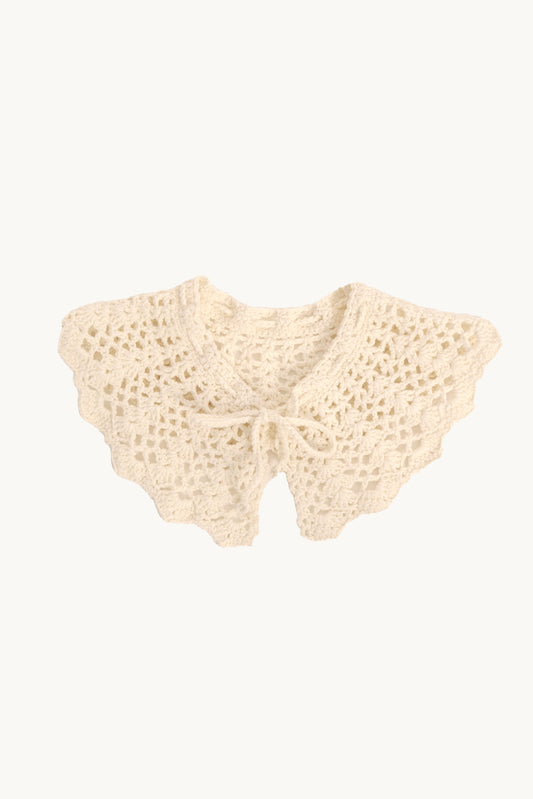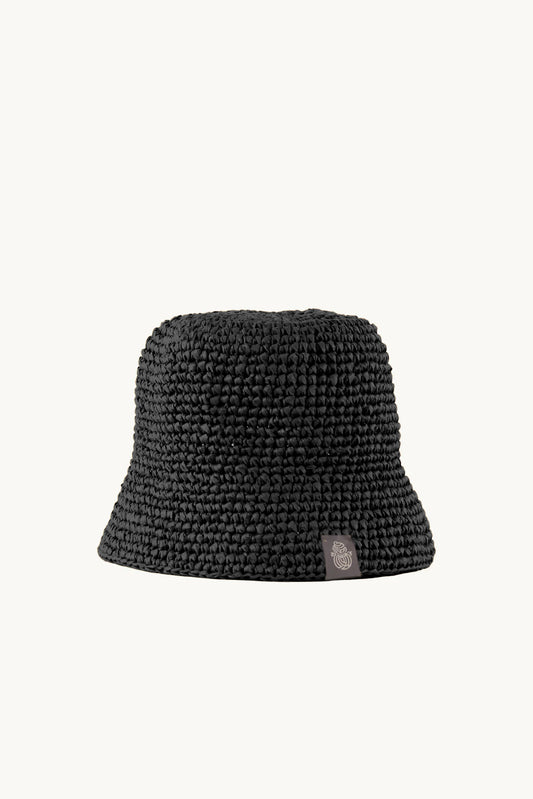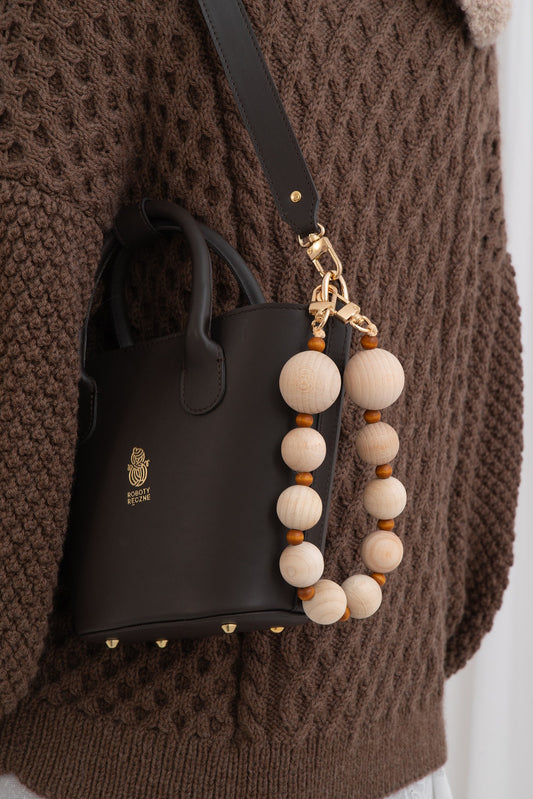"White gold", or why Egyptian cotton is better.
Cotton, often called "white gold", has been one of the most important and versatile materials in the world for centuries. However, not all cottons are equal. In the heart of ancient Egypt, at the foot of the majestic pyramids, grows one of the most prized varieties of cotton in the world - Egyptian cotton. This is an extraordinary plant that not only provides exceptional fibers of excellent quality, but also represents the living history, tradition and cultural heritage of the ancient Nile.
Egyptian cotton is lightweight and breathable, making sweaters made of this material ideal for summer days. Thanks to its delicate structure and excellent thermoregulation, Egyptian cotton provides a comfortable feeling of coolness even on the hottest days, while protecting against UV radiation and allowing the skin to breathe. It is an ideal solution for people looking for stylish and functional clothing for the summer.
Growth environment
Egyptian cotton (Gossypium barbadense) grows along the banks of the Nile, in regions with exceptionally favorable climatic and soil conditions. The Egyptian climate, characterized by hot, dry summers and moderately warm winters, favors the intensive growth of this plant. In addition, the high soil moisture, which results from the regular flooding of the Nile, provides excellent conditions for the plant's development and allows for the reduction of the need for artificial irrigation.
Transport and acquisition
The process of obtaining Egyptian cotton is strictly controlled to ensure the highest quality of the raw material. Cotton is usually picked by hand, which avoids damage to the fibers and minimizes contamination. The raw material is then carefully sorted and transported to the spinning mills, where it is cleaned and prepared for spinning. Transport is usually carried out by water on the Nile, which allows for quick and efficient transport of the raw material from the fields to the factories.
Fiber and quality
One of the most characteristic features of Egyptian cotton is its long and thin fibers. This makes these fibers more durable and more elastic than those from other cotton varieties. Additionally, this cotton is characterized by an exceptionally low level of unevenness and impurities, which translates into excellent uniformity and purity of fabrics made from this yarn. As a result, knits made of Egyptian cotton are extremely soft, delicate to the touch and extremely durable.
Tradition and innovation
Egyptian cotton production has a rich history dating back to ancient Egypt. The heritage and tradition of cotton production are still alive, but at the same time the industry is constantly evolving and introducing new technologies and innovations that help improve the quality and efficiency of production. New cultivation methods are also being introduced that allow for increased efficiency and effectiveness of production, while maintaining high quality standards.
Luxurious comfort for sensitive skin.
For those who value comfort, Egyptian cotton is an unbeatable choice. Its delicacy and softness make knitwear made with it pleasant to the touch and do not cause skin irritation, which is especially important for people with sensitive skin. In addition, Egyptian cotton has excellent thermoregulatory properties, which means that fabrics knitted with it are suitable for both cooler days and hot summer evenings.
Handcrafted from Egyptian cotton.
If you are looking for luxury knitwear made of this yarn, you are in the right place. From the SS2024 season, our collection has been joined by a Long Openwork Dress , Openwork Pants , as well as a short-sleeved cardigan with a polo collar and short shorts made with an openwork weave . Remember that our knitwear is made to your order and measure :)





